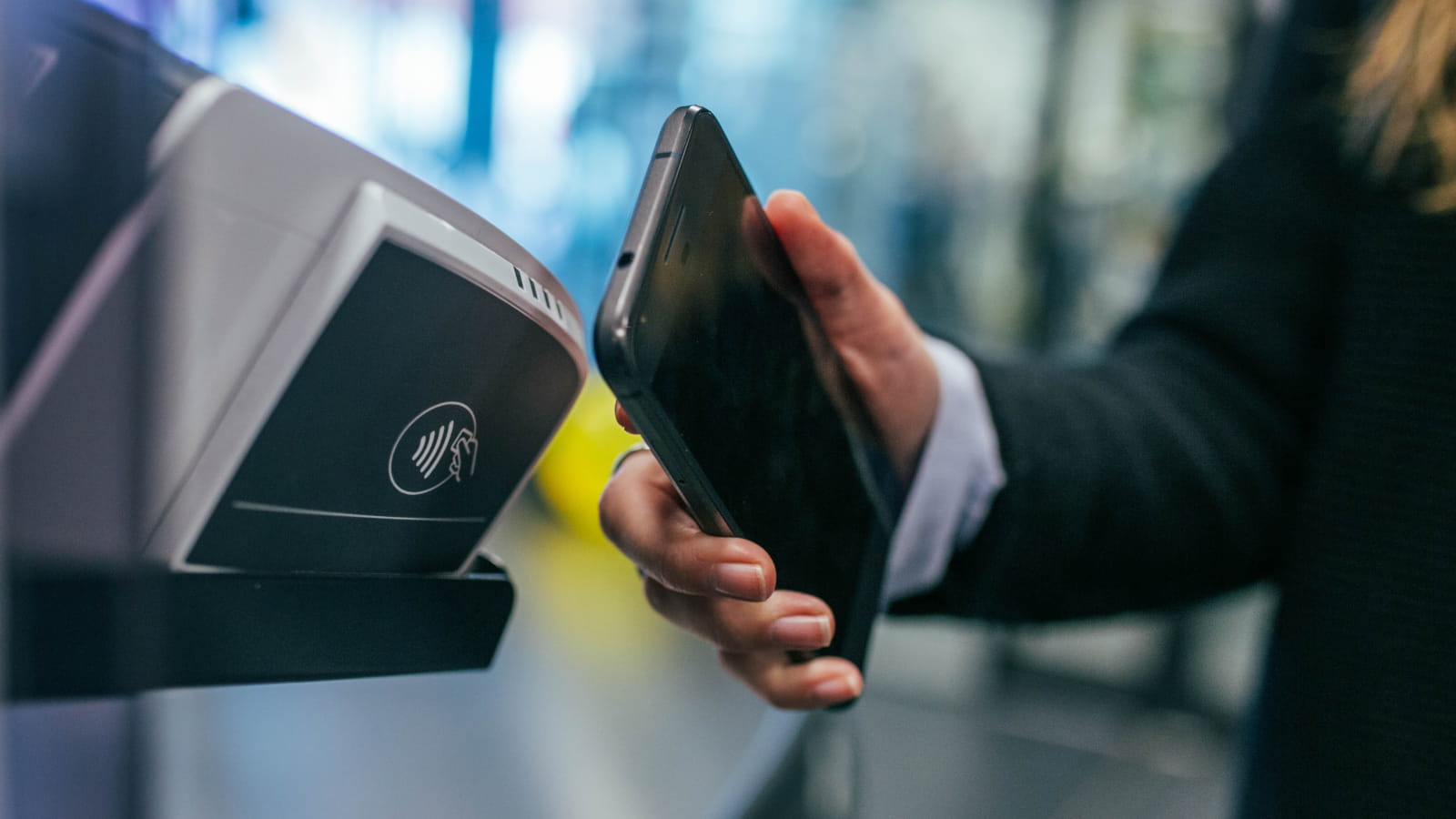- Aug 17, 2014
- 11,111
New versions of the Prilex point-of-sale malware can block secure, NFC-enabled contactless credit card transactions, forcing consumers to insert credit cards that are then stolen by the malware.
Kaspersky, following the Prilex PoS malware closely, reports seeing at least three new variants in the wild, with version numbers 06.03.8070, 06.03.8072, and 06.03.8080, first released in November 2022. These new variants introduce a new feature that prevents payment terminals from accepting contactless transactions, forcing customers to insert their cards.
Furthermore, in September 2022, Kaspersky reported that Prilex added EMV cryptogram generation to evade transaction fraud detection and to perform "GHOST transactions" even when the card is protected with CHIP and PIN technology.
Prilex's operators block NFC transactions because those generate a unique ID or card number that's only valid for a single transaction, so if that data is stolen, it wouldn't be helpful for the crooks.
After the credit card data is captured, the Prilex operators employ the techniques seen in previous releases, like cryptogram manipulation and "GHOST transaction" attacks.
Another interesting new feature seen for the first time on the latest Prilex variants is the ability to filter unwanted cards and only capture data from specific providers and tiers.
"These [filtering] rules can block NFC and capture card data only if the card is a Black/Infinite, Corporate or another tier with a high transaction limit, which is much more attractive than standard credit cards with a low balance/limit," explains Kaspersky in the report.

PoS malware can block contactless payments to steal credit cards
New versions of the Prilex point-of-sale malware can block secure, NFC-enabled contactless credit card transactions, forcing consumers to insert credit cards that are then stolen by the malware.
